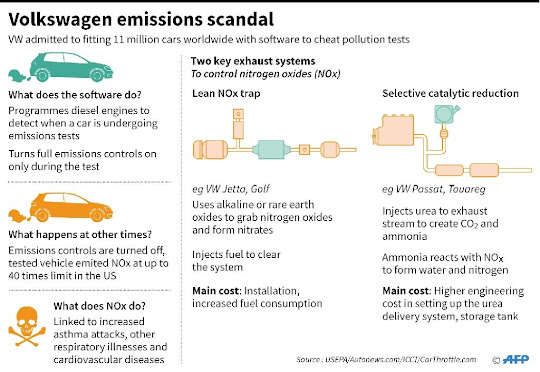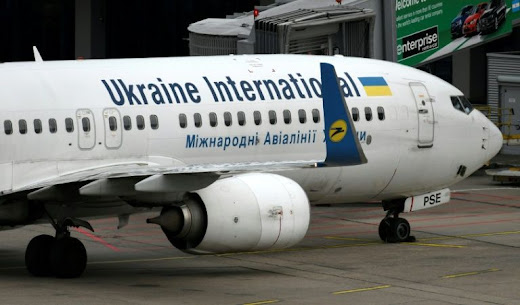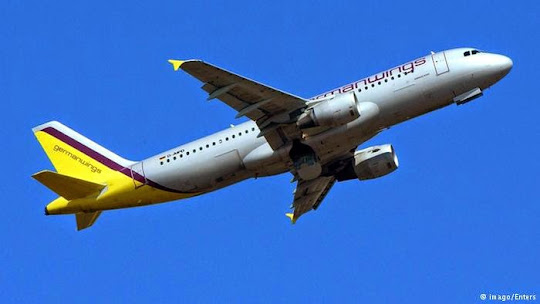Mustaqim Adamrah, THE JAKARTA POST, JAKARTA | Mon, 03/23/2009 1:23 PM
Indonesian airline companies may carry fewer international passengers during the first quarter of the year as people travel less due to a combination of the normal low season cycle and the deepening global economic crisis, an association says.
Chairman of the Indonesia National Air Carriers Association (INACA) Emirsyah Satar told The Jakarta Post recently that people are tending to travel to nearby areas and regions as they have less money.
Because of changed preferences, Emirsyah forecast that less than 1 million international passengers would be recorded between January and March, or a slight decline compared to the same period of last year when there were also around 1 million passengers.
Based on passengers carried by the state airline company Garuda Indonesia, Emirsyah said there was a decrease in the number of passengers from Europe and the United States to Indonesia because of the crisis.
However, there was an increase in the number of travelers from China and South Korea, he added.
"These passengers, we can say, used to fly to Europe and the United States," he said.
Around 5 million to 6 million international travelers enter Indonesia every year, according to Emirsyah.
Of that number, 250,000 passengers are from China, 500,000 from Japan, and 300,000 to 350,000 passengers from Korea, he said, adding there had not yet been any projection for the expected increase in the number of passengers from China, Japan and South Korea into Indonesia, nor of the anticipated decrease in passengers from Europe and the United States.
According to the Central Statistics Agency (BPS), 473,165 foreign tourists were recorded in January this year, a 8.04 percent jump from 437,966 in January last year. The January figure is a 22.49 percent drop from the 610,452 booked in December last year.
The BPS also recorded 6.23 million foreign tourists arrivals last year, up by 13.24 percent from 5.51 million in 2007.
Despite a projected slight decline in international passengers, Emirsyah, however, believed that the country would see a new expanding market in passengers from China.
"There's a big opportunity from China, which records around 48 million international trips every year," he said.
"China's economy, even though it is also declining, is still relatively good compared to other countries. It will be nice if we can have a slice of that (market opportunity),"
Emirsyah earlier said local airlines could be severely affected by the crisis, with their revenues likely to grow not more than 10 percent this year, contrasted to more normal 15 to 20 percent achieved during the past four years.
These local airlines, he said, would now have to rely on domestic flights to maintain their businesses.
Indonesian airlines have been able to maintain their load factor by an average of 80 percent last year. This year's load factor is forecast to work out the same as for last year.
Last year, Indonesia had 14 airlines operating 739 airplanes, a 36 percent increase on the 542 planes available for services in 2007. These airlines serve 167 domestic routes connecting 87 cities.
According to the Transportation Ministry, domestic passenger numbers last year reached 46 million, up by 18 percent from 39 million in the previous year (2007).













